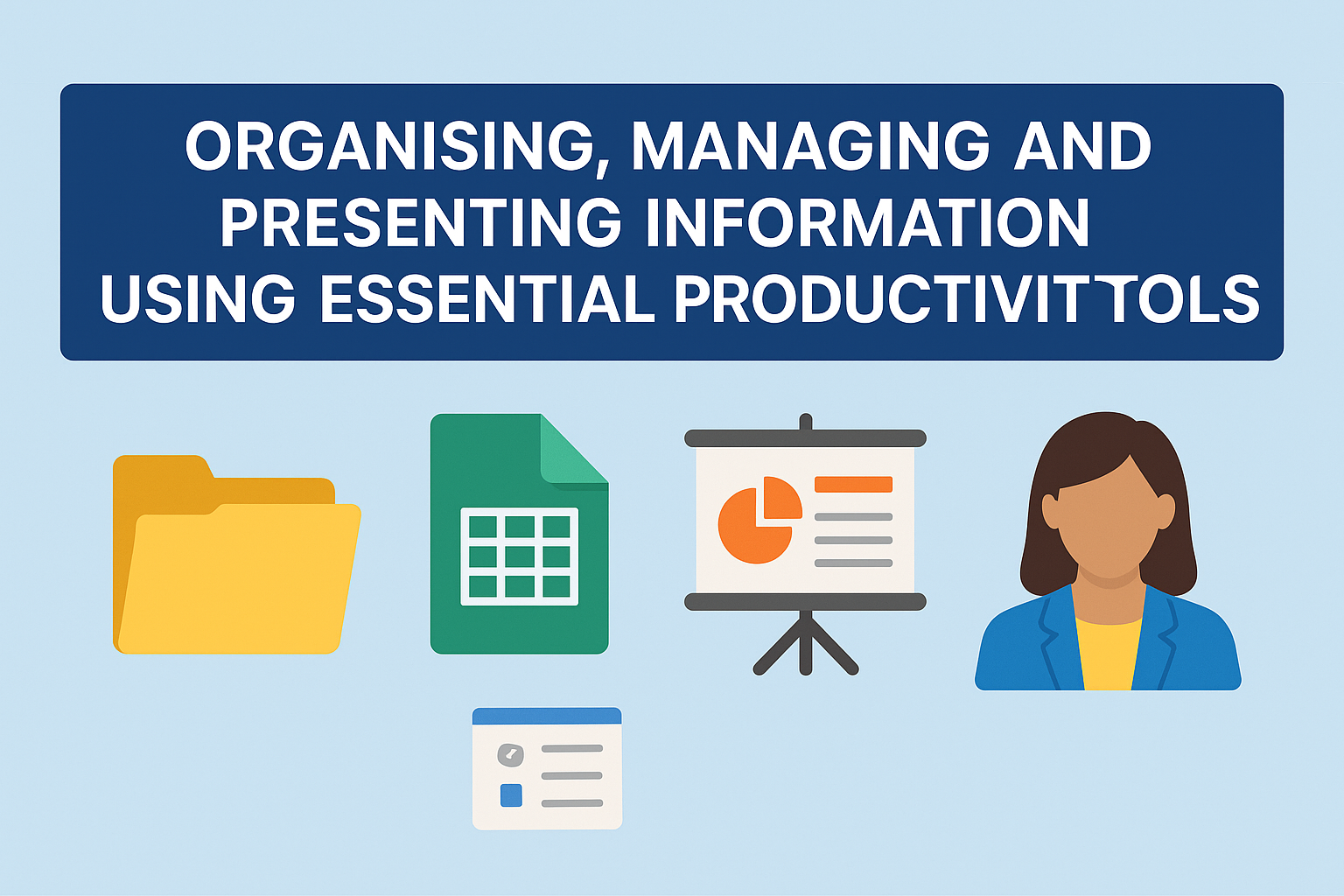This course introduces learners to the concept of Internet Service Providers (ISPs), their evolution, functions, and role in connecting individuals and organizations to the global internet. It blends theoretical understanding with practical, hands-on activities to equip students with the knowledge and skills needed to select, use, and troubleshoot ISP services effectively.
Through interactive lessons, real-life scenarios, and guided research tasks, learners will explore ISP services such as internet access, email provision, web hosting, proxy servers, and technical support. They will examine different internet connection types, understand bandwidth, and evaluate additional ISP offerings like domain name registration and data backups.
Historical developments and key principles such as net neutrality are discussed to provide context to the modern ISP industry. Practical sections cover setting up internet connections at home (Wi-Fi, Ethernet, Dial-up) and performing diagnostic tests such as Ping to assess service performance.
By the end of the course, learners will be able to:
-
Identify and explain the main functions and services of ISPs.
-
Compare connection types and select suitable options based on needs and location.
-
Demonstrate basic ISP setup and troubleshooting skills.
-
Analyze ISP service offerings in Ghana and develop a basic ISP business plan.
Mode of Delivery: Moodle e-learning platform
Learning Activities: Lessons, quizzes, assignments, forum discussions, and practical tasks
Assessment: Online quizzes, research assignments, scenario analysis, and project work


